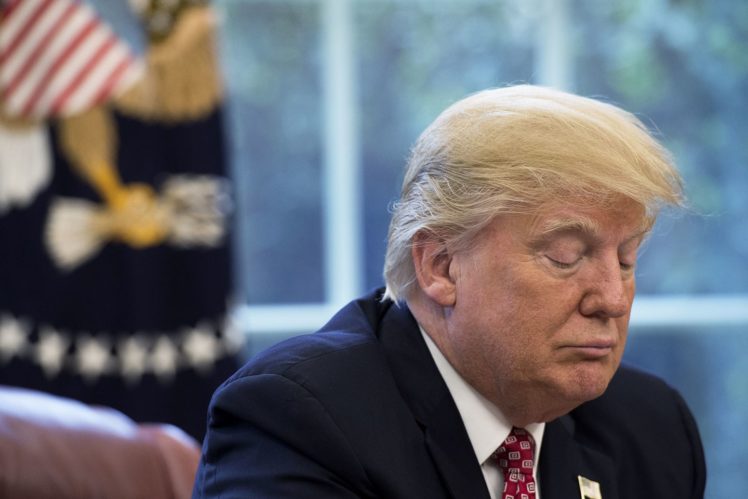Searching for consensus in global economic governance

The Japan Times
The annual international financial meetings that convene each spring in Washington are practiced affairs: high-profile meetings and the release of annual reports, all leavened by social events that facilitate the networking and consensus building that is the lubricant of the global economic system. That routine has been shaken this year. The first blows came from the British vote to leave the European Union, and the rise of populist, nationalist movements in Europe has continued to shake one of the pillars of the world financial order.
The second blow was the election of Donald Trump as president of the United States. Trump has rejected the foundational assumptions of contemporary international economics, eschewing multilateralism and focusing on trade balances even to the point of proving unwilling to back the boilerplate pledges to fight protectionism that have been a staple of economic meetings for decades. The result is genuine uncertainty about the guiding principles for global economic governance. This is more than unfortunate; it is dangerous.
The good news from this year’s spring meetings of global financial leaders, held last week, is that the economic outlook is good. According to the International Monetary Fund, the “global economic recovery is gaining momentum, commodity prices have firmed up and deflation risks are receding.” Projections are a little more optimistic than they were six months ago when the IMF released its last assessment.
Nevertheless, risks remain. One concern is a slowdown in China. That economy has already moderated its blistering pace, with growth rates falling from double-digit increases a few years ago to 7.0 percent in 2015. Now, the IMF anticipates 6.6 percent growth in 2017 and 6.2 percent in 2018, both slight increases over previous forecasts. That performance depends on Beijing’s economic managers getting a better grip on an expanding mountain of debt. As the IMF explained, “China faces mounting risks to financial stability as credit continues to rise rapidly.” China’s outsized economy means that its problems will have a global impact.
The IMF is also worried about geopolitical risks. Those include Brexit, along with the outcomes of national elections in France and Germany. While the centrist pro-European candidate Emmanuel Macron is anticipated to win the second round of the presidential ballot in early May, it is premature to count out the nationalist euroskeptic National Front leader, Marine Le Pen. Similarly, German Chancellor Angela Merkel is expected to prevail in elections later this year, but nationalist parties are on the rise in her country too.
Equally if not more alarming are the economic predilections of the Trump government. The new president has made clear that his administration is reassessing the U.S. commitment to trade agreements — vowing to renegotiate the North American Free Trade Agreement and pulling out of the Trans-Pacific Partnership pact — and even the World Trade Organization more generally. The denunciations of protectionism that have been a pillar of global economic governance have disappeared from recent statements as a result of U.S. objections. Both the Group of 20 statement in March and a statement from the IMF meetings were notable for their failure to mention a determination to resist protectionism.
Instead, the Trump administration is focused on cleaning up its trade balances and seeking strict reciprocity in its economic relationships. Not only is this a departure from decades of practice, but it reflects a profound misunderstanding of how the global economy works. The readiness of the U.S. government to impose sanctions on trade partners — it launched a probe against China and other exporters of cheap steel and imposed tariffs on Canadian lumber — is proof that the new approach is not just rhetoric.
The IMF is also worried about the new administration’s tax proposals, which could balloon the U.S. deficit, and calls for financial reform that would lift regulatory burdens on banks in ways that might lead to another financial crisis. The magnitude of the debt that would result from the government’s (admittedly crude) plans would threaten huge imbalances, raise interest rates and undermine what has been an important contributor to stability in the global economy. Growing debt is always worrisome, but the prospect at the same time that private debt looks set to expand as a result of a lighter regulatory touch on banks is a worrisome combination.
Plainly, it is no longer business as usual for the global economic order. The world has long looked to the U.S. for leadership; Washington no longer appears interested in that role. Other governments must acknowledge that reality and fill in the gap. Japan should be one leading the charge.
